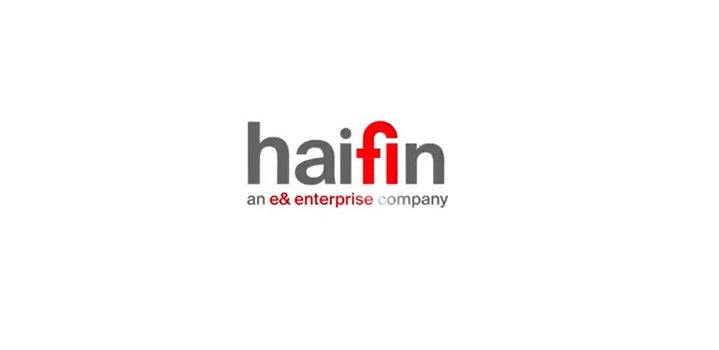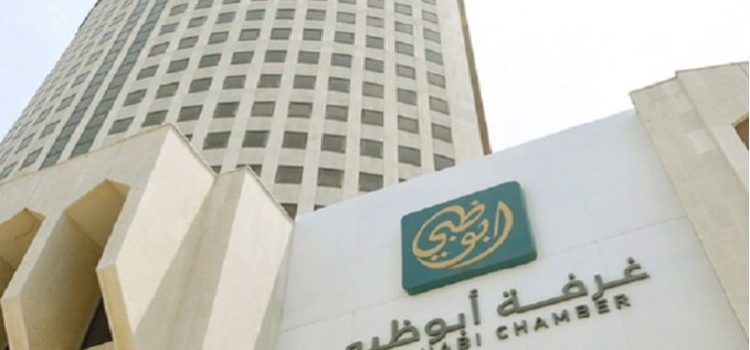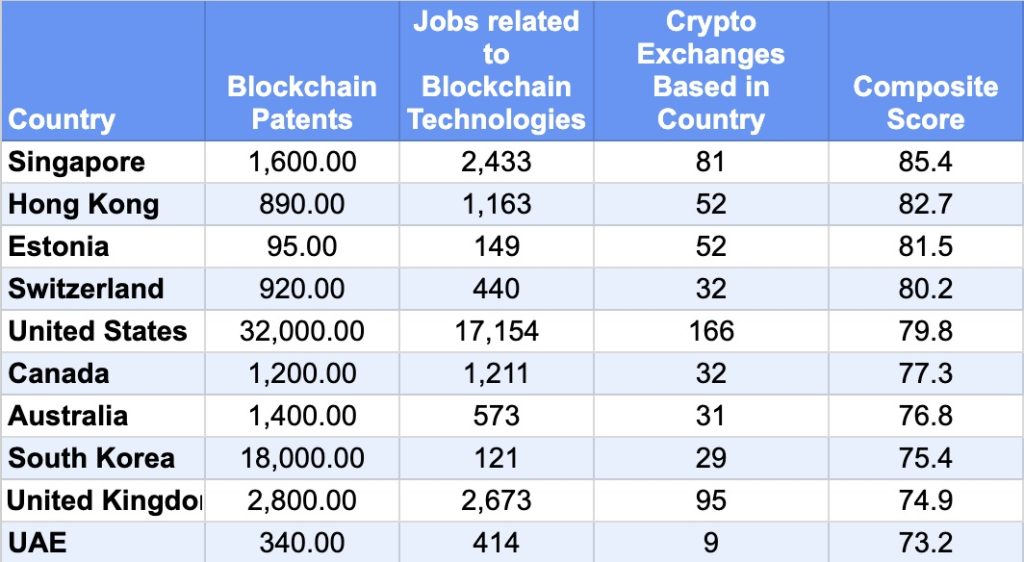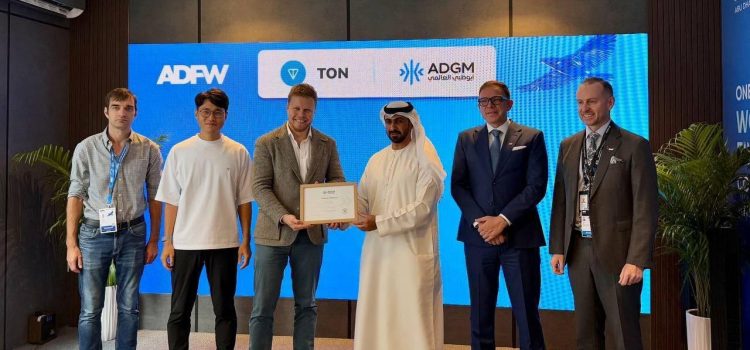ImpactGulf, the creators of G4Green.com enterprise solution, UAE-based sustainability technology solutions provider, have announced that Blockchain and AI G4Green sustainable marketplace is now live.
As per the press release, the G4Green Marketplace is a comprehensive sustainability platform that enables green performers to showcase their achievements, and green innovators to promote their products and services. It also allows consumers and businesses to search for green products, services, partners and suppliers. The platform is complemented by a number of unique features to enhance user experience, sharing of ideas and collaboration. This includes a Green Blog where member companies can share news and information on sustainability, including global insights, company news, business requests, opportunities and event announcements.
“Large companies struggle to collect ESG data from their suppliers, whose sustainability performance reflects directly on the companies’ reputation. Meanwhile, the wider business community is overwhelmed by the complexity and breadth of sustainability issues and struggles to find sustainable partners or green products and services,” said Yassin Nasri, CEO and founder of ImpactGulf. “G4Green solves this problem by enabling any company, regardless of size, to progressively obtain sustainability information, receive guidance on building a sustainability profile, and share their green performance and innovations with partners, customers and the world.”
By inviting their corporate network to join G4Green Marketplace, large organisations, government agencies and global institutions can map the ESG performance of their suppliers and rally their entire corporate network around ethical principles. They can collectively onboard them, monitor and drive their sustainability performance and implement incentive tools to accelerate their ESG journey. Initially, the marketplace will be free to all registered companies in the UAE, with plans to expand globally next year.
Commenting on the platform, Nasri said: “G4Green represents a significant milestone in our ongoing commitment to drive positive environmental change and build capacity in the sustainability space. By providing organisations with the tools and resources to streamline their sustainability efforts, we aim to catalyse a broader shift towards greener business practices. Building and operating a sustainable business is not possible without the engagement of the wider business community.”
“Although the platform is free to use, we are pleased to offer significant and permanent discounts on premium membership to all UAE-based companies registered in sustainability free zones such as Masdar City or Expo City Dubai, or members of sustainability initiatives such as the Climate-Responsible Companies Pledge, the Global Compact Network or the SME Climate Hub,” added Nasri.
Vytautas Sabaliauskas, CTO at ImpactGulf, added, “The platform’s sustainability capabilities are powered by advanced technologies, including AI-driven data analytics and blockchain-enabled traceability, to ensure the integrity and reliability of sustainability initiatives. The platform also uses AI to detect false sustainability claims, helping companies avoid greenwashing by scanning social media posts for sustainability claim violations before they are posted.”
ImpactGulf is the host of the 14th National Dialogue for Climate Ambition (NDCA), and a signatory to the UAE Climate-Responsible Companies Pledge. It is also a participant in the United Nations Global Compact, and an officially recognised member of the Greentech Alliance. ImpactGulf was selected by Shell Middle East and StartUpbootcamp for the Shell StartUp Engine UAE 2022.




















